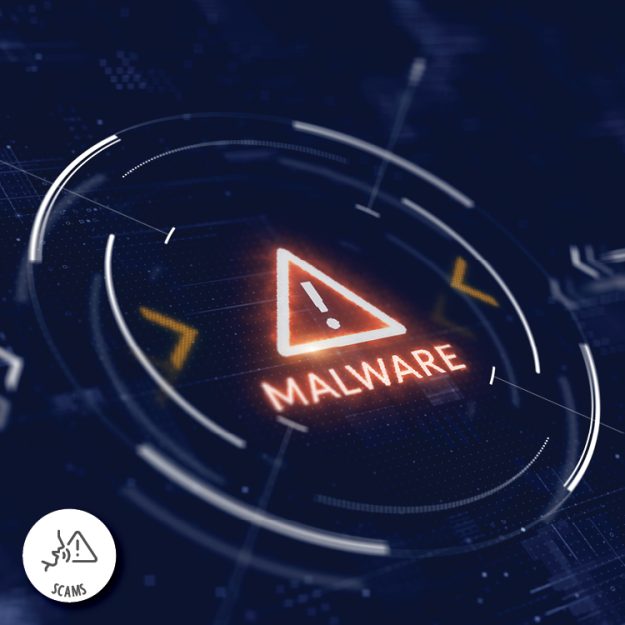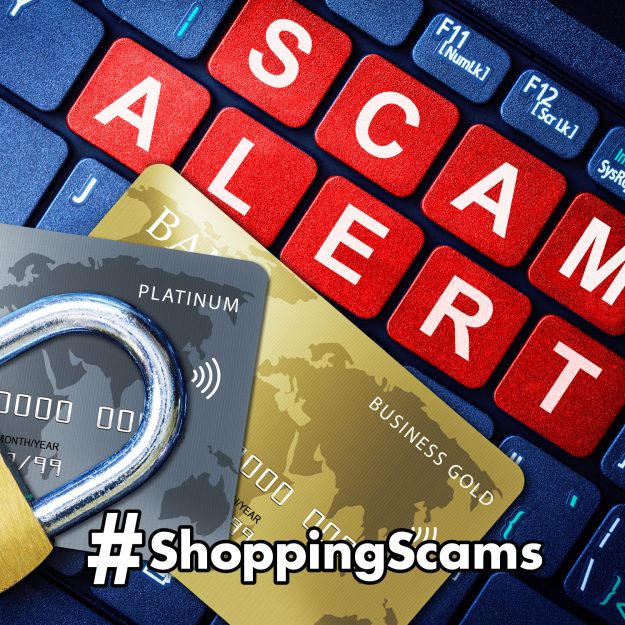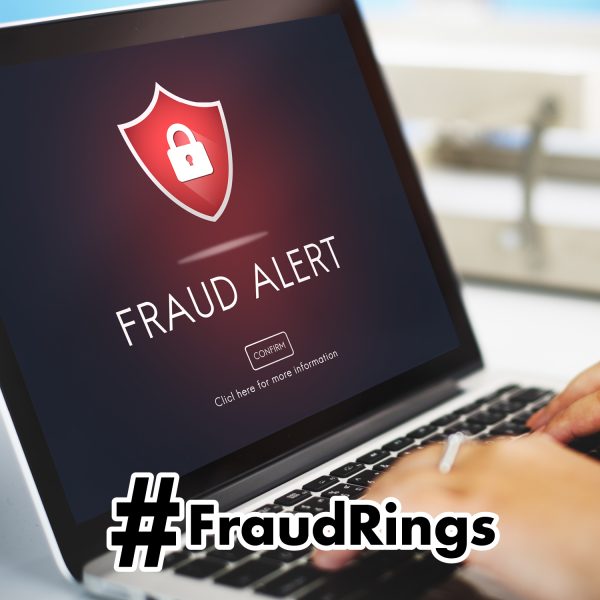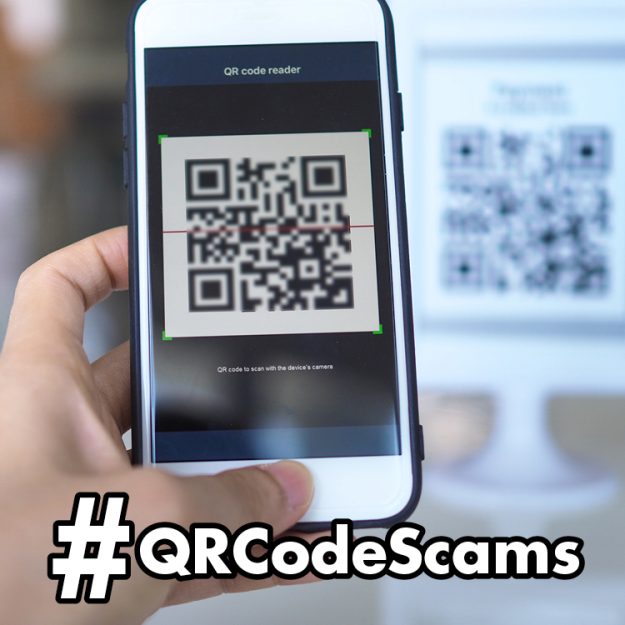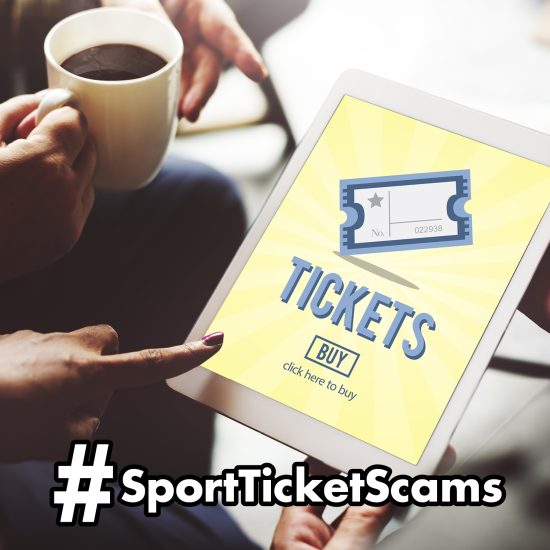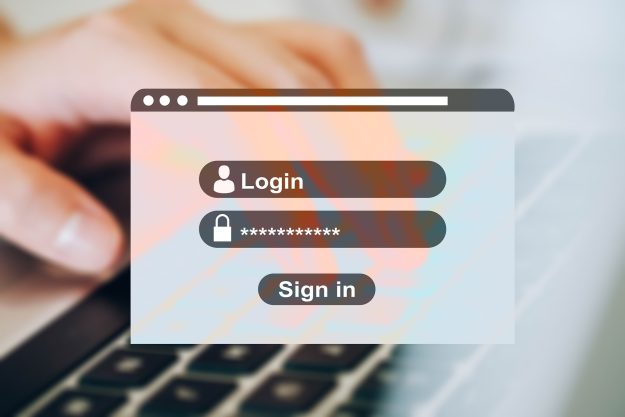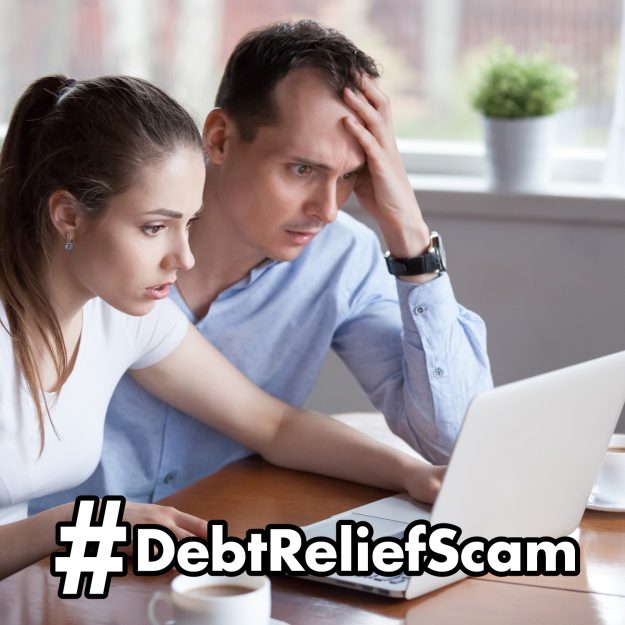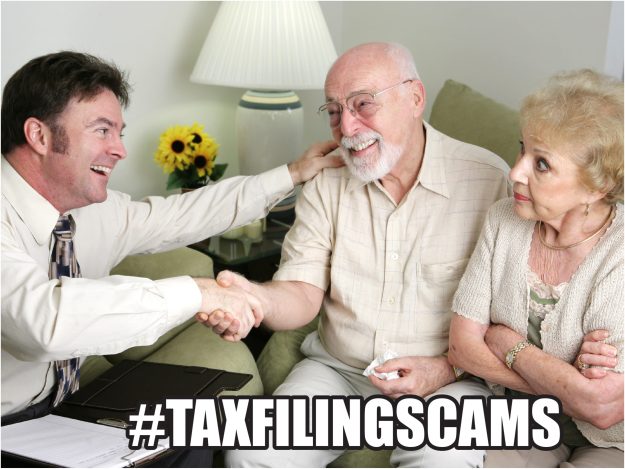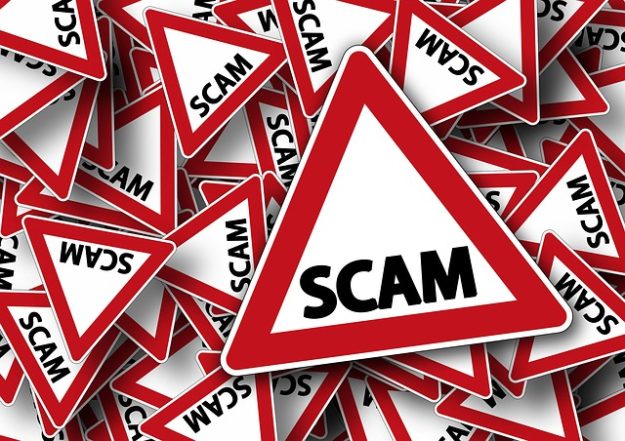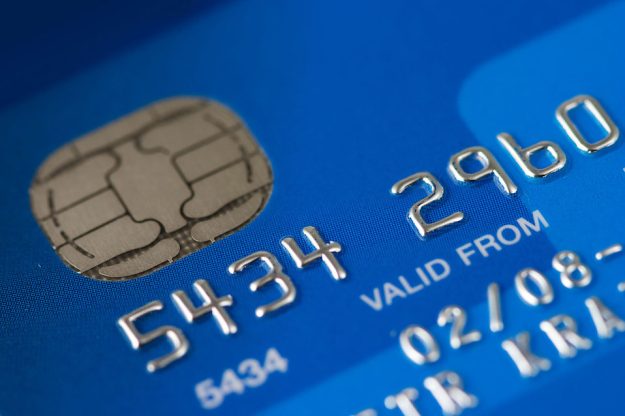Don’t Fall for Auto Warranty Scams
Auto warranty scams can lead to financial pain, or even disaster, for an unwary consumer. Here’s what to know about these scams and how to stay safe.
How the scams play out
In an auto warranty scam, a scammer reaches out to a target supposedly selling or offering to extend an existing warranty on their car. The scammer claims to represent the automaker or policy company and may know the exact model and make of the car. Unfortunately, though, if the driver buys or extends a warranty on their car through this call, they’ll be giving their money and information to a scammer.
Red flags
Watch for these red flags:
- Robocall. When the pitch to buy a new auto warranty, or to extend an existing one, starts with an automatic message, you’re dealing with a scam.
- Extend now! Pressured to buy an extended warranty for your vehicle? Probably a scammer.
- How about some ad-bombing? If you keep running into the same ad on every site and social media platform, it’s quite possibly a scam.
- Plus shipping and handling. If the alleged representative selling the extended auto warranty starts asking you to pay any processing fee, or even a down payment, before providing real details, hang up and block the number.
- Restricted callers only. If your Caller ID is showing “private number” or “restricted,” you are likely being called by a scammer.
Protect yourself
First, never share personal information with an unverified contact while on any platform. Next, if you’d like to purchase a new policy or extend the one you have, reach out directly to an auto warranty company. Finally, if you are constantly getting ad-bombed and robocalled for illegitimate offers, mark the email as spam/or and block the number.
If you’ve been targeted
Take quick steps to mitigate the damage. Do not engage with the scammer, and report it to the Federal Trade Commission. Lastly, close any accounts that may have been compromised and consider a credit freeze, if warranted.




